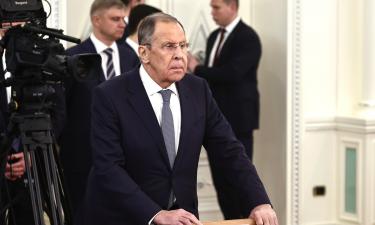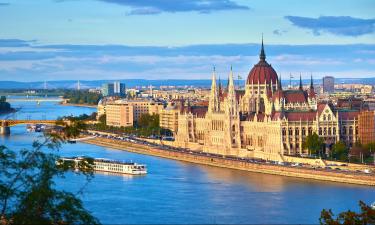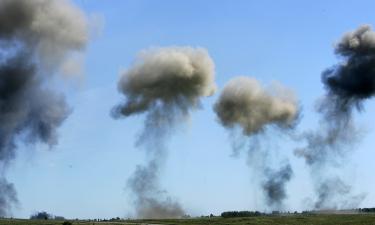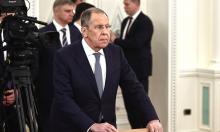China: New Government, Old Policy
A regular annual session of the China’s National People’s Congress opened on March 5, the same day it started last year, however this time the session will last longer, till March 18, as its agenda is more extensive than a year ago. Not without reason in the Chinese terminology this session is called “the fist session of the 10th convocation”: the tenth (since creation of the People’s Republic of China) election campaign has been recently held in the country. During the campaign, “people’s congresses” were formed on all levels, and the China’s National People’s Congress (CNPC) is the top of this pyramid. This happens once in five years and inevitably entails personnel shuffling from top to bottom. But this year changes will be unusually radical.
The 16th conference of China’s Communist Party held in November 2002 predetermined the present-day situation for the sake of renewal of the ruling elite and for appointment of younger people to the top posts. The very fact that Jiang Zemin, Li Peng, Zhu Rongji and Li Lanqing were not included then into the Standing Committee of the Chinese Communist Party meant that new, younger people would inevitably come to take the posts of the republic’s chairman, chairman of the CNPC standing committee, head of the government and first deputy head of the government. At that, it was not clear beforehand who and what post may take. In accordance with the Chinese Constitution, it is only the CNPC session that has a right to approve such designations. And now this moment has come.
Beginning of the session was traditional: premier of the People’s Republic of China Zhu Rongji delivered a summary report. Economic achievements of the country handed over to the new younger team in the government are impressive. Zhu Rongji reported the following.
China’s GDP gained from 7.4 trillion yuans in 1997 to 10.2 trillion in 2002 (the increase made up 7.7% per year on average). The foreign trade turnover increased from 325.2 billion to 620.8 billion dollars within the same period (concerning this showing, China went up from the tenth to the 5th position in the world). Foreign currency reserves of China increased from 139.9 billion to 286.4 billion dollars. Average annual incomes of the Chinese urban population increased from 5.160 yuans in 1997 to 7.703 yuans in 2002 (the average annual growth made up 8.6%); of rural population - increased from 2.090 to 2.476 yuans (average annual growth made up 3.8%).
The showings reveal an economic strategy that is radically different from the strategies of Russia where governmental officials think that investments in the basic assets and renovation of worn-out equipment are absurd myths, instead they focus on creation of “the budget proficit”.
Judging by Zhu Rongji’s report, China basically staked exactly on these “myths” that are rejected in Russia. As a result of it, investments in China’s basic assets made up 17.2 yuans within the past 5 years (it is about two trillion USD!).
Government “construction” loans to the sum of 660 billion yuans performed the leading role in the process. The government loans allowed to activate banking loans and other finance to the sum of 3.28 trillion yuans as investments. This became an important instrument for maintenance of employment in the country and made for growth of the domestic demand. 2.66 trillion yuans were invested in technical reconstruction within the same period; it is 67% more as compared with the previous five years.
As for China’s state budget, it fixes a red ink from year to year. Despite the fact, the government increases investments in science and education, in raising wages and pensions every year (at that, absolutely no inflation is registered in the country). The deficit in this case is conditioned by the stake on development made by China’s leadership, at that, due to rapid economic growth, the deficit causes no serious problems to national economy. As for struggle for relaxation of the deficit, it is carried out not by tightening the belts of the poor and by reduction of spending in such important spheres as defense, science and education; relaxation of the deficit is done with complete collection of taxes determined by the law. And activity of economic development makes for bigger tax collection.
To all appearances, this line of the Chinese government will remain valid even after the change of China’s ruling elite. And if Russian political leaders don’t change their attitude toward the “myths” (but in fact they are objective economic rules), the gap between economic situations of Russia and China will even more increase.
Andrey Krushinsky PRAVDA.Ru China Beijing
Translated by Maria Gousseva
Read the original in Russian: https://www.pravda.ru/world/35851-chinavlast/
Related links:
Subscribe to Pravda.Ru Telegram channel, Facebook, RSS!





